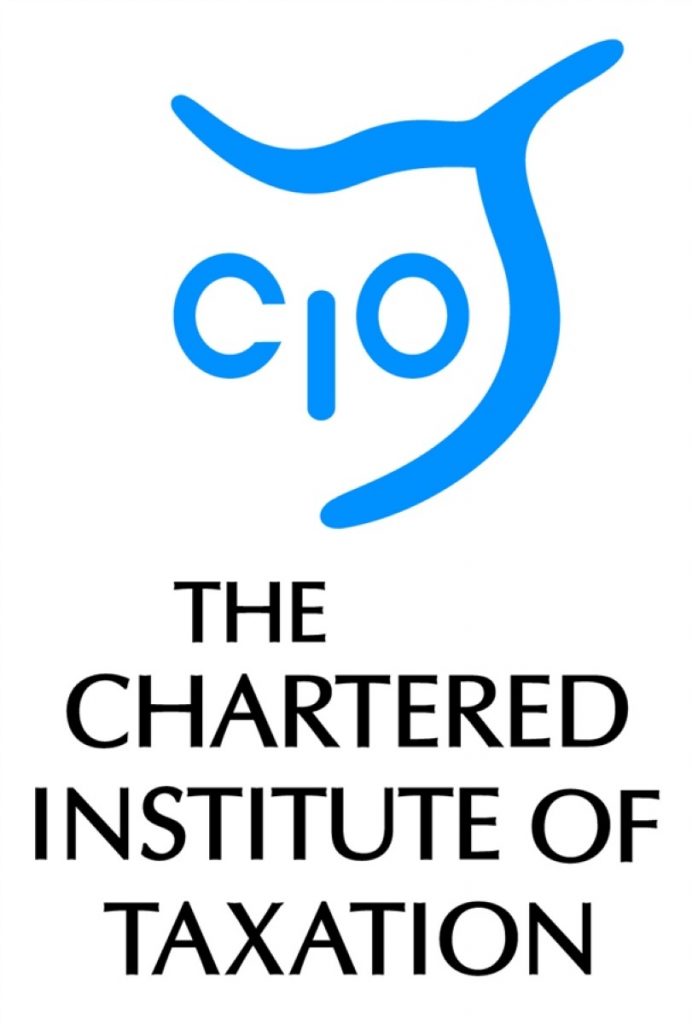UK failure to comply with EU law bad for British taxpayers, say tax experts
Tax experts from the Chartered Institute of Taxation (CIOT) have warned that UK tax law appears not to be compliant with EU law in a number of areas. The Institute believes the uncertainty this causes will be bad for UK business and other taxpayers.
The Chartered Institute of Taxation has written five individual complaints to the EU Commission on what is now the Finance Act 2013 regarding the compliance of UK tax law with EU law. These include a range of taxes including corporation tax, personal tax, anti-avoidance measures and inheritance tax.
President of the CIOT, Stephen Coleclough, commented:
“The UK Government has committed to ensure that tax law in the UK complies with EU law. But too often the Government acts too late or does too little, and fails in its responsibilities.
“A number of measures in Finance Act 2013 were responding to identified inconsistencies between UK and EU law, for example in respect of the right of companies to have the freedom to establish themselves in any EU country, without facing discrimination. However we do not believe any of the measures have actually succeeded in making UK law EU-compliant. As a result businesses and taxpayers continue to be denied certainty in regard to significant aspects of their tax affairs.
“We are disappointed that at each stage HM Revenue & Customs and HM Treasury have ignored our arguments explaining why we do not think the proposals are compliant. Although there were some improvements to some of the provisions at various stages of the legislative process, the result is still not satisfactory.
“This leaves us in a situation where taxpayers remain in practical difficulty and will have to continue to rely on their EU rights, and enforcing these through the Court of Justice of the EU. This can be complex, costly and very lengthy. It also means that the Exchequer is likely to be subject to significant claims to repay tax and interest to taxpayers.”
Notes to editors:
1. The five written complaints made by the CIOT to the EU Commission are as follows:
· Attribution of gains – that the capital gains tax provisions dealing with assets held through non UK-resident closely controlled companies remain contrary to EU fundamental principles of freedom of establishment and free movement of capital.
· Transfer of assets abroad – that the rules which tax individuals in respect of assets and income transferred abroad are restrictive and disproportionate, in the sense that they go beyond what is reasonably necessary in order to prevent abuse or tax avoidance.
· Inheritance tax – that UK law remains discriminatory against individuals who are not domiciled in the UK but who are, or have been, married to, or in a civil partnership with, someone who is domiciled in the UK.
· Corporate exit charges – that UK law on corporate exit charges breaches the right of freedom of establishment and is therefore discriminatory.
· Loss relief – that UK law on group relief discriminates against companies resident in other European Economic Area states with UK permanent establishments as compared with UK resident companies.
2. The Chartered Institute of Taxation
The Chartered Institute of Taxation (CIOT) is the leading professional body in the United Kingdom concerned solely with taxation. The CIOT is an educational charity, promoting education and study of the administration and practice of taxation. One of our key aims is to work for a better, more efficient, tax system for all affected by it – taxpayers, their advisers and the authorities. The CIOT’s work covers all aspects of taxation, including direct and indirect taxes and duties. Through our Low Incomes Tax Reform Group (LITRG), the CIOT has a particular focus on improving the tax system, including tax credits and benefits, for the unrepresented taxpayer.
The CIOT draws on our members’ experience in private practice, commerce and industry, government and academia to improve tax administration and propose and explain how tax policy objectives can most effectively be achieved. We also link to, and draw on, similar leading professional tax bodies in other countries. The CIOT’s comments and recommendations on tax issues are made in line with our charitable objectives: we are politically neutral in our work.
The CIOT’s 17,000 members have the practising title of ‘Chartered Tax Adviser’ and the designatory letters ‘CTA’, to represent the leading tax qualification.





-01.png)